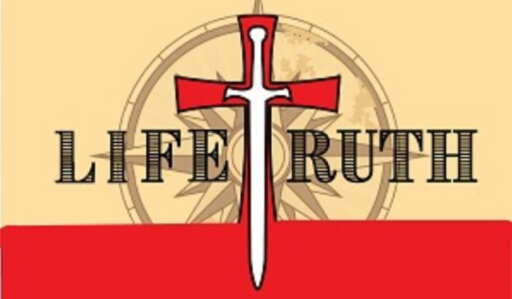A solo episode, and a quick devotional message on:
Matthew 5: 21-26
Personal Relationships
“You have heard it said.” Starting at verse 21, there are 6 teachings that Jesus has for his disciples that begins with this phrase. He is not criticizing scriptural teaching, only the understanding that his followers had about it. What Jesus is doing is to intensify and expand the meeting of the Old Testament teaching. Regardless of the misunderstanding his students may have, he is now pointing to the true direction of the law.
The law says don’t murder. Some types of killing may be just, others not. But if murdering is done and authorized, it’s up to the courts who need to decide on the justice of it.
Jesus gets to the true direction of this teaching. It’s not the deed, it’s the intention. It’s the underlying emotion that’s where murder begins.
How can a human court judge and emotion like anger? Clearly, it’s God’s court that can judge this level of infraction correctly. But it’s not just internalized emotions. Speaking angry words carries a punishment of guilt as well.
But wait, it’s worse. To call someone a fool, which would be to imply they have no belief of God, deserves a fiery fate. The word fool, or moron was not just a matter of having no intellect. To Jewish understanding it actually implied a lack of morals, rebelliousness and wickedness.
The term fiery hell referred to the fires of Gehenna. Gehenna was an area south of Jerusalem where ancient Molech worship took place. It later became a dumping ground for all manner of trash, and even the burial ground for convicts. Fires were kept burning to get rid of the constant flow of garbage. In Jesus day, Gehenna may still have had fires.
While it represented the physical end of things being dumped there, it was understood to represent the eternal fiery dumping ground.
Should Christians be angry then? Not when directed at one another. Jesus teachings on anger need to be taken as a whole. The full context on righteous indignation can’t be derived only from a single passage, but under the Council of the whole Scripture where he teaches about it.
Anger can affect our worship (23-24).
The altar represents the holy of holies, the place where God comes near. A proper attitude of worship can’t be attained if we have anger for one another. God wants us to be reconciled. It’s more than just anger; it’s the events that sparked the emotion often the first place.
Notice the word is offering, not sacrifice. The difference is that a sacrifice is required to atone sin. An offering is a free will gift of our gratitude to God.
How can we freely give a gift of gratitude, when harsh emotions of anger or hate exist?
Relationships to outsiders (25-26).
Even when dealing with opponents or adversaries, Jesus advises to settle matters urgently in early on. Don’t let things fester until the point a judge is brought in. A little prevention, or stamping out forest fires before they grow bigger is a better solution.
If things can be settled outside of court, Do that.
If the plan is to throw yourself on the mercy of the court, don’t count on mercy.
Conclusion
In relationships, a rift between a close brother can cause problems with situations or practices such as in worship. They can stand between our relationship with God.
When it comes to outsiders this may or may not be the case. But we should still be concerned enough to settle matters and be on good terms with anyone, even unbelievers.
Podcast: Play in new window | Download (Duration: 26:06 — 12.0MB)
Subscribe: Apple Podcasts | Amazon Music | Podchaser | RSS | More

